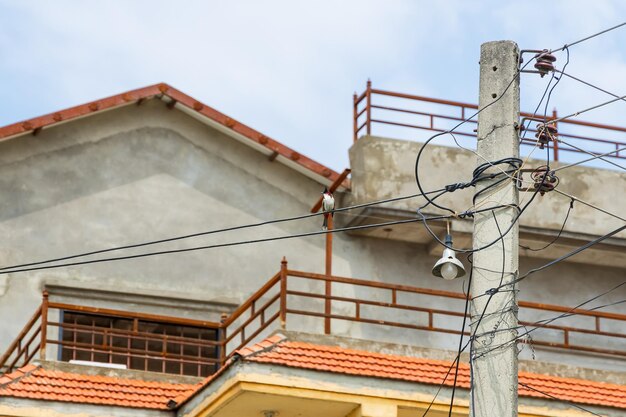Discovering the Monthly Electricity Costs for Your Apartment
Navigating the world of apartment living comes with many questions, and one that often tops the list for newcomers is, "How much does electricity cost per month in an apartment?" The answer can vary widely depending on several key factors. Understanding these variables can help you not only plan your monthly budget more effectively but also take advantage of available resources to manage your overall living expenses.
What Influences Your Apartment's Electricity Bill?
Several factors contribute to the monthly electricity cost in an apartment. Let's break them down:
- Location: Electricity rates differ significantly across states and even within cities. Typically, utility costs in urban areas tend to be higher.
- Apartment Size: The larger the apartment, the more energy is generally consumed, leading to higher bills.
- Usage Patterns: How much and how often you use appliances, heating, or cooling systems directly impacts your bill.
- Efficiency of Appliances: Energy-efficient appliances consume less power and help in lowering bills.
On average, electricity costs can range from $60 to $150 per month for a typical apartment. However, it’s essential to analyze your specific situation to get a more accurate estimate.
Taking Control of Your Energy Costs
If your electricity bill seems unusually high, consider these effective strategies to reduce it:
- Switch to LED Lighting: They consume less energy and have a longer lifespan.
- Optimize AC/Heating Usage: Use programmable thermostats to regulate temperature efficiently.
- Unplug Devices: Chargers and electronics can consume power even when not in use.
- Energy-Efficient Appliances: Invest in appliances marked as energy-efficient.
These simple changes can have a noticeable impact on your electricity bill, potentially saving you hundreds of dollars annually.
Financial Assistance and Relief Options
Navigating the world of rising energy costs can be daunting, especially if you're on a tight budget. Fortunately, there are financial assistance programs available to help manage and alleviate these expenses.
Government and Non-Profit Aid
- LIHEAP (Low Income Home Energy Assistance Program): A federal program that helps low-income households with their energy costs.
- State Energy Assistance Programs: Many states offer their own assistance programs with different eligibility requirements.
Managing Energy Debts
- Payment Plans: Check if your electric company provides billing arrangements such as budget billing plans.
- Debt Relief Options: Some utility companies offer crisis assistance or waive late fees during financial difficulties.
Educational Opportunities for Energy Efficiency
- Workshops and Classes: Many local utilities and community organizations provide free classes on energy conservation.
- Online Resources: Countless websites offer tips and tricks for reducing energy consumption at home.
By leveraging these tools and programs, you can mitigate some of the financial burdens associated with high energy costs, leading to more manageable household expenses.
Quick Reference Guide to Financial Assistance
- 🔌 LIHEAP: Federal energy aid for low-income households.
- 🌍 State Programs: Check local listings for state-specific assistance.
- 💡 Energy Efficiency Classes: Often provided free by local utilities.
- 💳 Payment Plans: Discuss options with your energy provider.
- 🤝 Non-Profit Aid: Reach out to organizations like the National Energy Assistance Directors' Association.
Understanding and managing your apartment's electricity costs is not just about knowing the numbers; it's about exploring and utilizing all available resources to ensure your financial peace of mind. By staying informed and proactive, you can create a sustainable and affordable energy plan for your apartment living.

